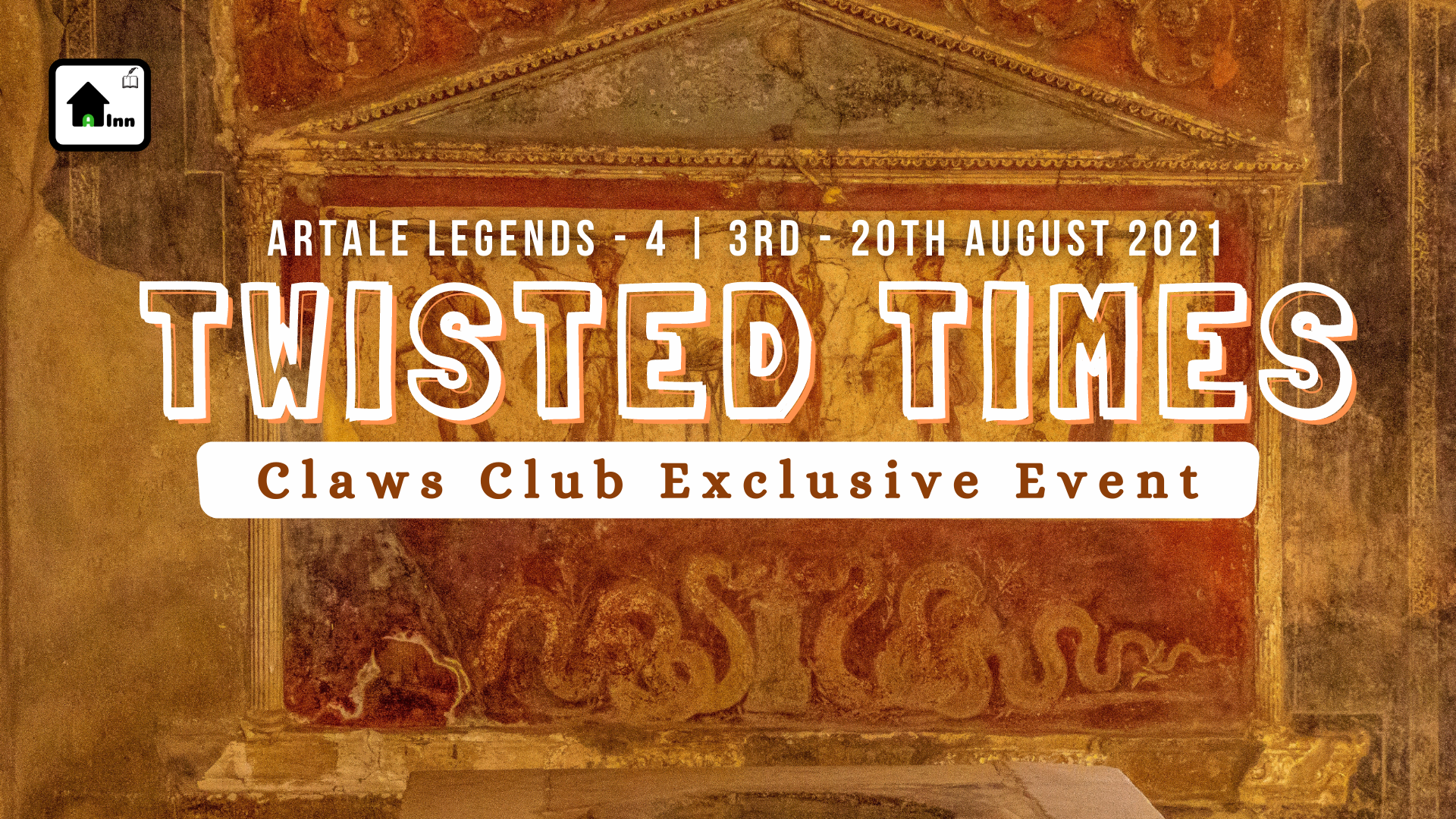
Anachronisms are a type of chronological anomalies that causes readers to raise their eyebrows or take a second look.
Imagine reading a story about a caveman who microwaves his food or seeing a cinematic adaption of ASOIAF in which the characters text each other instead of sending Ravens. An anachronism is a literary device that places someone, or something associated with a particular time in history in the wrong time period.
Write a 2000–3000-words story using this literary device.
Types of Anachronisms:
- Parachronism: Anything that occurs in an incorrect time frame. This might be an artefact, a colloquial term, or a social habit connected with a certain historical period that has been misplaced or is no longer in use. For example, a modern-day person smacking stones against each other as source of fire in his day to day life.
- Prochronism: This is usually termed as impossible anachronism since it refers to something—an object or concept—that was utilized in a literary work before it was invented (like internet in the Victorian era).
- Behavioral or cultural anachronism: As an aesthetic decision, bringing antique artifacts or concepts into the modern day. For example, a person carrying a discussion in Latin in the twenty-first century.
Note: Do not confuse Anachronism with Juxtaposition or Archaism even when there is a minute difference.
Literary examples of subtle anachronism:
- Julius Caesar by Shakespeare
In Act 2, Scene 1 of Julius Caesar, you can find a famous example of an unintentional anachronism. Brutus and Cassius talk about a mechanical clock, but in their time, it wasn’t even invented.
Brutus: “Peace! Count the clock.”
Cassius: “The clock has stricken three.”
- Mark Twain’s The Prince and the Pauper
In chapter three of The Prince and the Pauper, set in the 16th century, Twain includes an unintentional anachronism by discussing Punch-and-Judy shows, which were a show of the 17th century.
Since anachronisms form the crux of the prompt, we expect the anachronisms to play a major part.
Read this, this and this for further info.
Artale Legends – 4 Event Rules and Guidelines.
- Word limit: Minimum 2000 and maximum 3000 words.
–>Please note that Endnotes/footnotes in entries will be excluded from Word count only when they stand independent of the story and act as a reference.
Examples for Endnotes that will NOT be included in word count:
Glossary, Credits, Reference links.
Examples for Endnotes that WILL be included in word count:
Epilogue, Author Notes (If the story depends on it for clarification), PostScript - 1 entry per Writer. No previously published writings. Only Claws Club entries will be considered as competitive entries. However, guest entries can be used as a way to earn brownie points to get into Clubs.
- You are expected to post your entries on the ArtoonsInn Writers Room website | writers.artoonsinn.com. Sign up on the website in case you haven’t already, to submit your writing. Ensure you check relevant categories (Genre/Theme/Clubs) that your story is most relevant to while submitting.
- Upload a non-copyrighted cover picture along with your writing (Refer www.unsplash.com). Make sure to add photographer credits at the bottom of your writing.
- Share the link to your story, once it is approved on the website, in the ArtoonsInn Writers Room Facebook group with your post description and hashtags #ArtoonsInnWritersRoom #TwistedTimes #ArtaleLegends4 #ClawsClub.
- Last date to post on Facebook group: 20th August 11.59PM. Entries submitted after the deadline will be considered as Guest entries. Winner/s will be announced on Recognition Day, 31st August 2021 on www.facebook.com/ArtoonsInn.
- 100% Rulfy status is mandatory for Claws club members. Last date to Rulfy: 28th August.
- Take care of your Mental Health as much as you do of your Physical Health.
- Enjoy writing/reading Artale Legends 4!
Follow ArtoonsInn Rulfy: https://writers.artoonsinn.com/rulfy for reviews.
Disclaimer: Your stories may be subjected to receive serious criticism.
- It is suggested that if you wish to see honest reviewson your story, you write honest reviews for other participants as well. ArtoonsInn encourages participants who support, encourage, and communicate with others in a diplomatic manner.
- Stories written prior to the event or works previously published on any online or offline platforms are neither considered competing nor encouraged.
- Participants found guilty of plagiarism will be removed from ArtoonsInn.
Prompt by Shankar
Event Organizers: Mallika and Shankar.
Photo by Nick Fewings on Unsplash.

